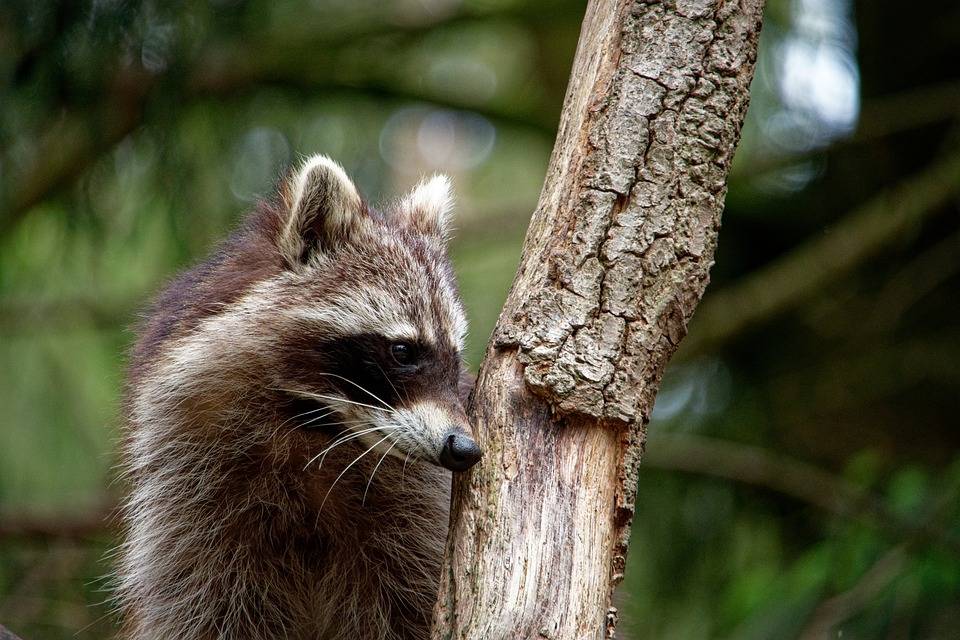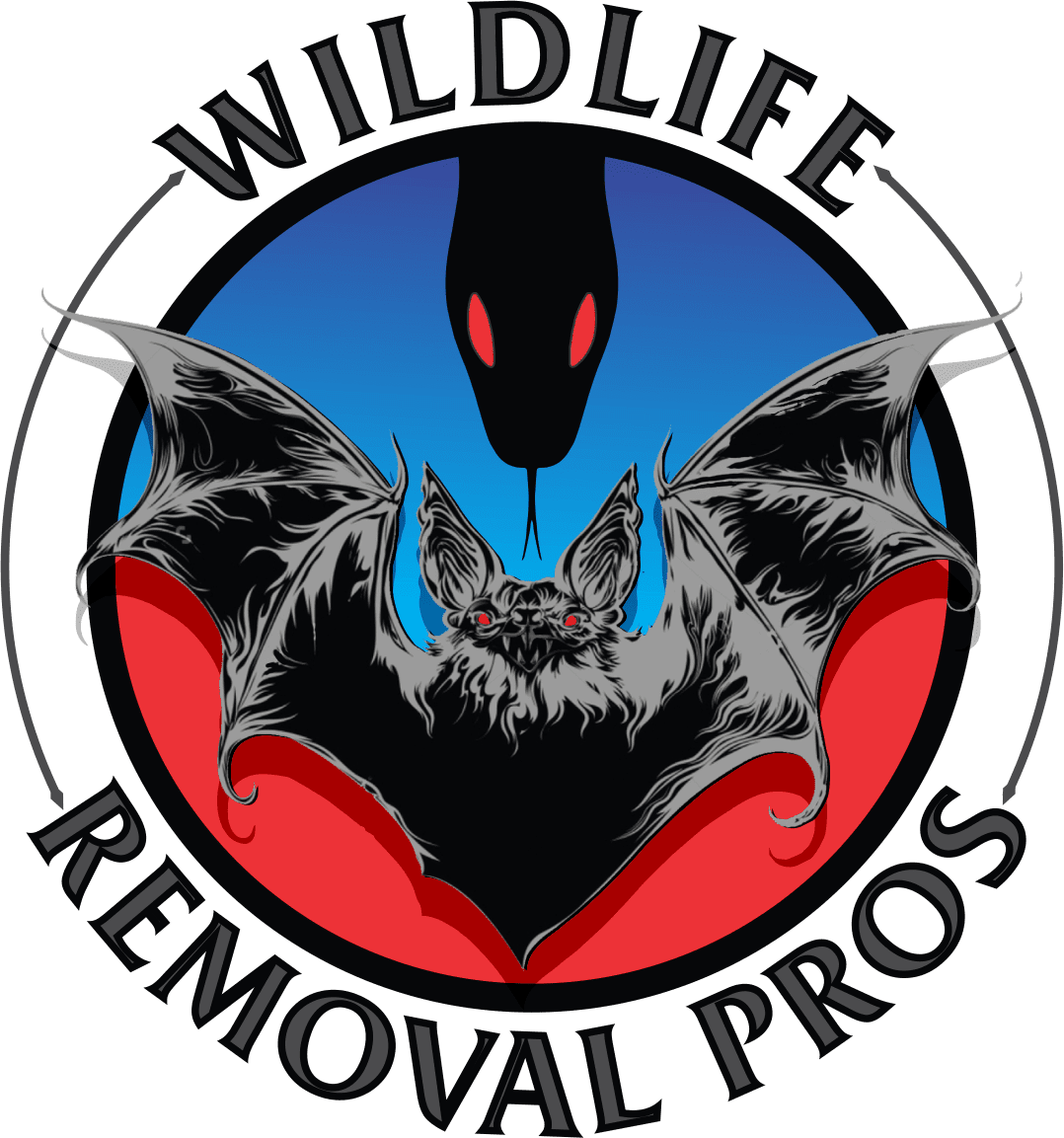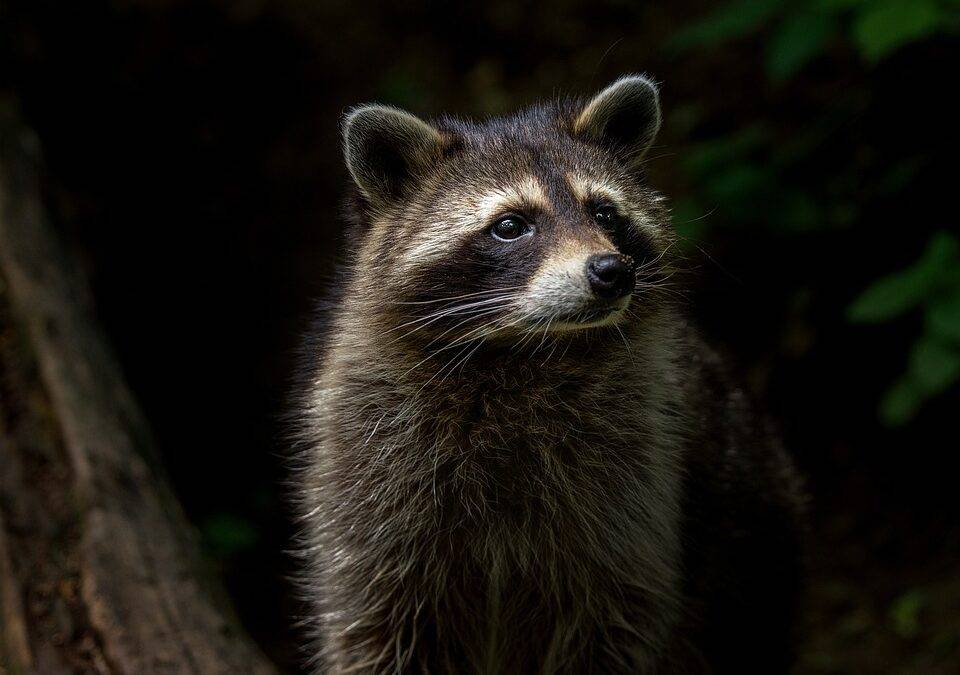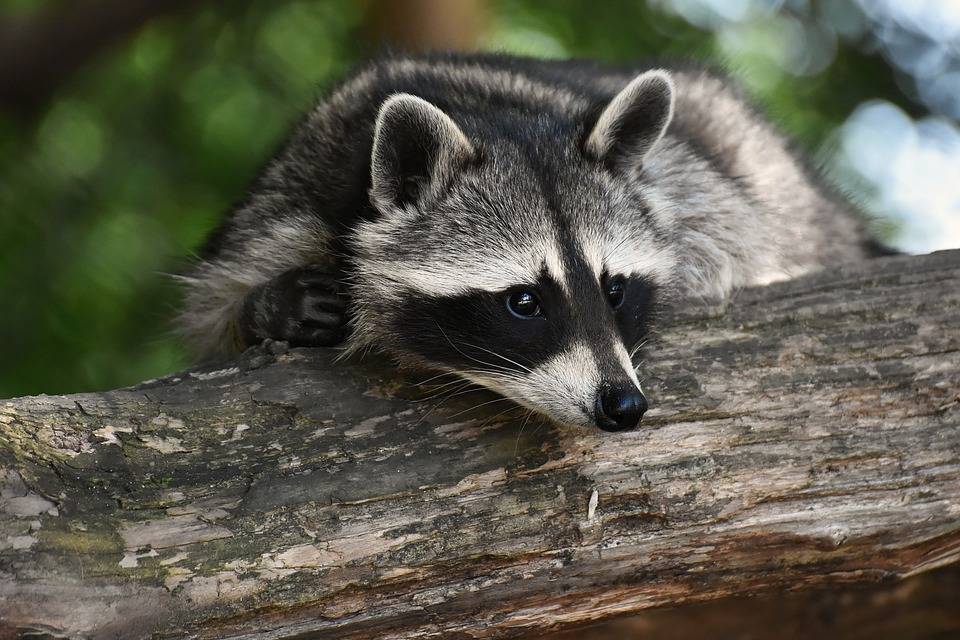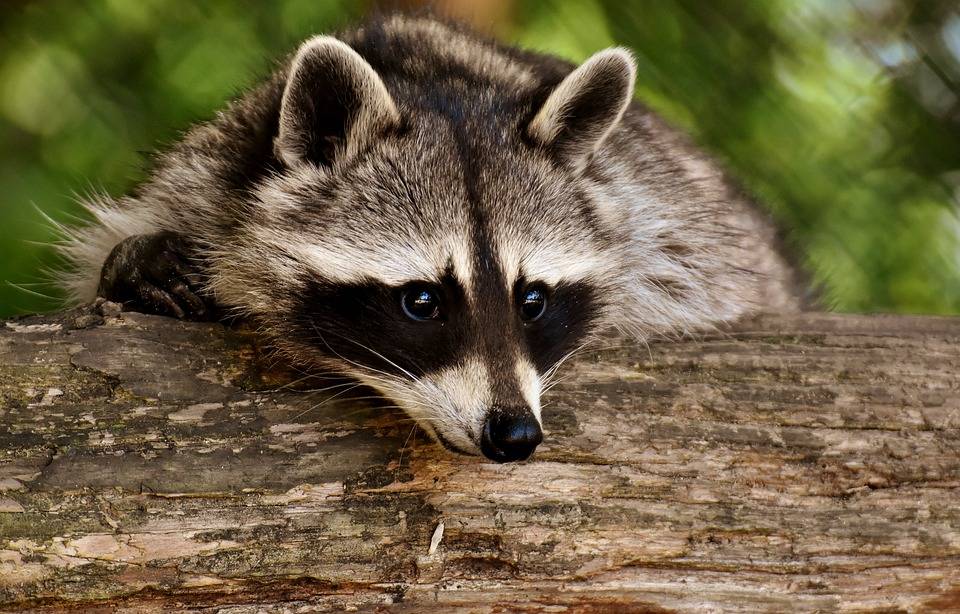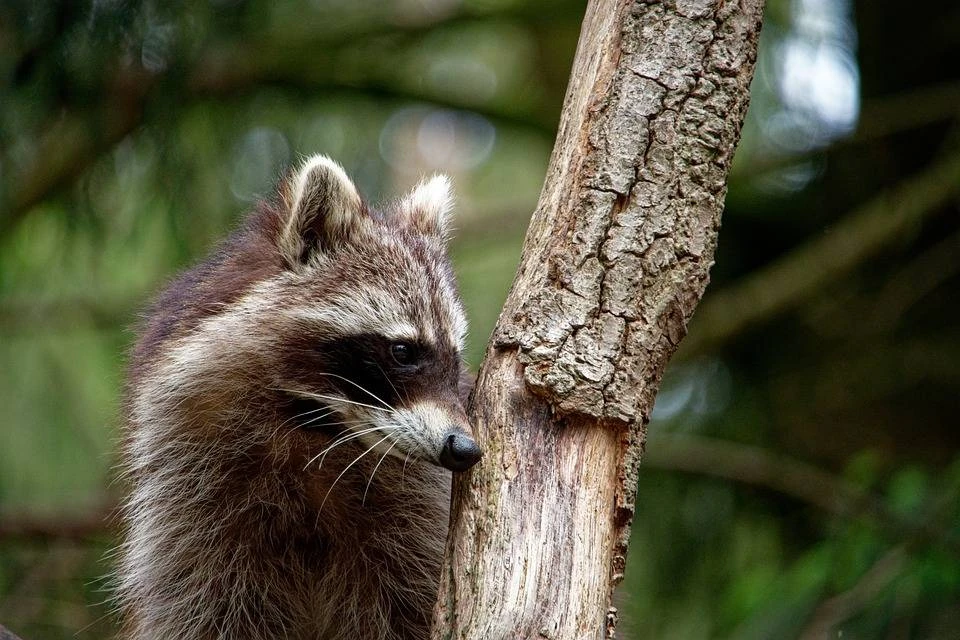
Raccoon Proofing Your Trash Cans in Lexington Kentucky
Why Raccoon Proofing is Important
Raccoons are common in Lexington, Kentucky, and can cause significant damage to trash cans if not properly secured. These intelligent creatures have a knack for getting into bins, leaving behind a mess and potentially spreading diseases. Raccoon proofing your trash cans is crucial to prevent these pests from accessing your garbage and causing havoc in your neighborhood.
The Dangers of Raccoon Infestation
Raccoons are carriers of various diseases, including rabies, which can be transmitted to humans and pets through bites or scratches. By rummaging through your trash, they can spread these diseases onto surfaces that you and your family may come into contact with. Additionally, raccoons can damage property, from tearing apart trash bags to knocking over bins, creating a mess that requires cleanup.
Investing in Raccoon-Proof Trash Cans
One effective way to prevent raccoons from accessing your trash is by using raccoon-proof trash cans. These specialized containers are designed with features that make it difficult for raccoons to open them. Raccoon-proof trash cans typically have locking mechanisms, sturdy materials, and reinforced lids that cannot be easily pried open by these clever critters. Investing in such cans can save you from the hassle of cleaning up after raccoons and protect your health.
Securing Your Trash Can Lid
If you’re not ready to invest in raccoon-proof trash cans, there are still steps you can take to secure your existing trash cans. One method is to secure the lid using bungee cords or straps. By tightly securing the lid to the bin, you can make it more difficult for raccoons to access the trash inside. However, keep in mind that raccoons are skilled at manipulating objects, so it’s important to use strong and durable materials that they cannot easily chew through.
Proper Placement of Trash Cans
Where you place your trash cans can also play a role in deterring raccoons. Position your bins away from walls or structures that raccoons could climb to gain access. Placing the cans on a sturdy platform, such as a concrete pad, can also make it more challenging for raccoons to tip them over. When possible, store your trash cans in a securely fenced area or use bungee cords to attach them to fixed objects, further preventing raccoon interference.
Regular Trash Can Maintenance
Regular maintenance is essential to prevent raccoon encounters with your trash cans. Clean your trash cans regularly to remove any food residue or strong odors that may attract raccoons. Additionally, promptly repair any damages to the cans, such as cracks or broken lids, which could make it easier for raccoons to access the contents. By keeping your trash cans in good condition, you can minimize the risk of raccoon infestation.
Seeking Professional Wildlife Control Services
If raccoons continue to be a problem despite your best efforts, it may be time to seek professional wildlife control services. In Lexington, Kentucky, there are experienced professionals who specialize in raccoon removal and prevention. These experts have the knowledge, tools, and techniques to safely and humanely remove raccoons from your property and implement effective raccoon-proofing measures for your trash cans.
Call for Raccoon-Proofing Services
If you’re struggling with raccoons getting into your trash cans in Lexington, Kentucky, don’t hesitate to call our wildlife control professionals. We offer reliable raccoon-proofing services to safeguard your trash from these persistent pests. Contact us today to schedule an appointment and enjoy a raccoon-free environment.

How to Spot a Raccoon Nest on Your Lexington Kentucky Property
Introduction
As a wildlife control professional in Lexington, Kentucky, we understand the importance of identifying and addressing raccoon nests on residential and commercial properties. Raccoons are common in this region and can cause significant damage if their nests are left unattended. In this article, we will provide you with detailed descriptions of how to spot a raccoon nest on your Lexington, Kentucky property. By learning to identify the signs, you can take the necessary steps to protect your property and ensure the safety of your family or employees.
Visual Clues
When inspecting your property for raccoon nests, it is important to keep an eye out for visual clues. Raccoons typically choose secluded areas such as attics, crawl spaces, or even hollow trees to build their nests. Look for raccoon droppings, which are cylindrical in shape and similar to dog feces but slightly smaller. Additionally, raccoons tend to leave tracks near their nests, which are easily recognizable due to their distinctive hand-like shape with five toes. If you notice any torn insulation or damage to ductwork or wires, it could be a sign of a raccoon nest.
Audio Clues
In addition to visual cues, you can also rely on audio clues to identify a raccoon nest on your property. Raccoons are nocturnal animals, so you are more likely to hear them during the night. Listen for scratching or scurrying sounds coming from your attic or walls. Raccoons are known to be agile climbers, so if you hear noises from your roof or chimney, it could indicate the presence of a raccoon nest. These audio cues can help you narrow down the location of the nest and guide your inspection efforts.
Damage to Vegetation
Raccoons are omnivorous creatures that rely on a diverse diet, including fruits, vegetables, and small animals. Consequently, they may cause noticeable damage to vegetation around your property. Look for overturned trash cans or scattered garbage, as raccoons are notorious scavengers. Additionally, raccoons may dig up your garden or damage your crops in search of food. If you notice unusual disturbances in your garden or evidence of gnawing on trees or plants, it could be a sign of a raccoon nest nearby.
Unusual Smells
Raccoons have a distinct musky odor that can be easily detected, especially in confined spaces. If you notice a pungent smell emanating from your attic, crawl space, or other areas of your property, it could be an indication of a raccoon nest. The odor is particularly strong if there are multiple raccoons occupying the same area. Be cautious when investigating these areas as raccoons can be aggressive when they feel threatened. It is always recommended to seek professional assistance to handle raccoon infestations safely.
Conclusion
By familiarizing yourself with the signs of a raccoon nest on your Lexington, Kentucky property, you can take prompt action to address the situation. Remember to look for visual clues such as droppings, tracks, and damage to your property. Pay attention to audio cues like scratching or scurrying sounds, and be aware of any unusual smells. If you suspect a raccoon nest, it is best to contact a professional wildlife control company in Lexington, Kentucky to handle the situation safely and effectively. Protect your property and ensure the well-being of your family or employees by addressing raccoon nests promptly. Call us today for expert assistance with raccoon infestations on your Lexington, Kentucky property.

Why Lexington Kentucky Residents Should Never Feed Raccoons
Raccoons are a common sight in Lexington, Kentucky, known for their distinctive black mask and ringed tail. While these creatures may appear cute and harmless, it is important for Lexington residents to understand the risks associated with feeding raccoons. As a wildlife control professional, we strongly advise against feeding raccoons for several reasons.
1. Disease Transmission
Raccoons can carry a variety of diseases, some of which can be transmitted to humans and pets. One such disease is rabies, a viral infection that affects the nervous system and can be deadly if left untreated. Lexington residents who feed raccoons are at a higher risk of coming into contact with these animals and potentially being exposed to rabies.
In addition to rabies, raccoons can also carry other diseases such as leptospirosis, giardia, and roundworm. These diseases can be transmitted through direct contact with raccoon feces or urine. By feeding raccoons, residents increase the likelihood of these disease-causing organisms being present in their yards or living spaces.
2. Property Damage
Raccoons are known for their dexterity and ability to manipulate objects with their hands. When residents feed raccoons, they inadvertently attract these animals to their properties, increasing the risk of property damage. Raccoons may tear open garbage bags, rummage through trash cans, and even enter homes in search of food.
Lexington residents who feed raccoons may find themselves dealing with torn screens, damaged roofs, and even chewed electrical wires. These damages can be costly to repair and may pose additional risks, such as the potential for electrical fires.
3. Encouraging Dependence
Feeding raccoons can lead to an unhealthy dependence on humans for food. Raccoons are highly adaptable creatures and can easily find natural food sources in their environment. By providing them with an alternative food source, residents disrupt the natural balance and behavior of raccoons.
When raccoons become dependent on human-provided food, they may lose their natural foraging skills and become more reliant on humans. This can lead to increased encounters between raccoons and humans, which can be dangerous for both parties involved. Raccoons that lose their fear of humans may become more aggressive and pose a threat to pets or small children.
4. Ecological Impact
Feeding raccoons can have unintended consequences on the local ecology. By altering the natural feeding patterns of raccoons, residents may indirectly affect other species in the area. For example, raccoons that rely on human-provided food may consume less of their natural prey, potentially leading to imbalances in local ecosystems.
Furthermore, the increased presence of raccoons attracted by feeding can disrupt the natural behaviors of other wildlife species. This can lead to competition for resources and potential conflicts between different animal populations.
5. Legal Considerations
Feeding raccoons in Lexington, Kentucky, is not only a bad idea from a wildlife management perspective but also from a legal standpoint. The Kentucky Department of Fish and Wildlife Resources prohibits the feeding of raccoons and other wildlife species without proper permits. Violating this regulation can result in fines and penalties.
By refraining from feeding raccoons, Lexington residents not only protect themselves and their properties but also contribute to the overall preservation of the local wildlife and ecosystem.
If you are experiencing issues with raccoons or other wildlife in Lexington, Kentucky, it is important to seek professional assistance. Our wildlife control services can help safely remove raccoons and implement effective prevention strategies to ensure a raccoon-free environment. Contact us today for expert assistance and protect yourself from the risks associated with raccoon encounters.

The Real Dangers Homeowners Face with Raccoon Infestations in Lexington Kentucky
Lexington, Kentucky, known as the “Horse Capital of the World,” boasts a vibrant community and beautiful landscapes. However, like any other city, homeowners in Lexington face their fair share of challenges, including raccoon infestations. While raccoons might seem harmless at first glance, they can pose significant dangers to homeowners and their properties. In this article, we will explore the real dangers homeowners face with raccoon infestations in Lexington, Kentucky.
1. Property Damage
When raccoons invade a home, they often seek shelter and create nests in attics, crawlspaces, or even chimneys. As they establish their territory, they can cause extensive damage to the structure of the house. Raccoons have strong claws and teeth, which they use to tear apart insulation, chew on wires, and even damage wooden beams. This can lead to costly repairs for homeowners in Lexington, KY.
Additionally, raccoons are skilled climbers, and they can easily access roof areas, vents, and gutters. Their constant movement and nesting habits can cause further damage to these areas, potentially leading to leaks, water damage, and compromised structural integrity.
2. Health Risks
Raccoons are carriers of various diseases and parasites, some of which can be transmitted to humans. One of the most well-known diseases associated with raccoons is rabies. Rabies is a viral disease that affects the central nervous system and can be fatal if left untreated. While rare, instances of rabid raccoons have been reported in Lexington, Kentucky.
In addition to rabies, raccoons can also carry other diseases such as raccoon roundworm, leptospirosis, and salmonella. These diseases can be spread through direct contact with raccoon feces, urine, or saliva. Inhalation of airborne particles from contaminated areas can also pose a risk to homeowners and their families.
3. Allergies and Asthma Triggers
Raccoon infestations can lead to poor indoor air quality, which can be particularly problematic for individuals with allergies or asthma. Raccoon dander, saliva, and urine can trigger allergic reactions and exacerbate existing respiratory conditions. The accumulation of raccoon droppings can also release harmful particles into the air, which can cause respiratory issues and allergic reactions when inhaled.
4. Fire Hazards
Raccoons are notorious for their curious nature and nimble paws. They are known to explore and play with various objects they come across, including electrical wiring. Gnawing on wires can create a fire hazard as exposed wires can spark and ignite nearby flammable materials. This risk increases when raccoons nest in attics, where electrical wiring is often present.
Conclusion
As homeowners in Lexington, Kentucky, it is crucial to be aware of the real dangers posed by raccoon infestations. Property damage, health risks, allergies, asthma triggers, and fire hazards are just a few of the concerns that homeowners may face. If you suspect a raccoon infestation in your home, it is essential to seek professional wildlife control services in Lexington, KY, to ensure the safe removal of these pests and the prevention of future infestations.
Don’t let raccoons jeopardize your home and well-being. Contact our experienced team of wildlife control professionals today to schedule an inspection and secure your property against these real dangers.
